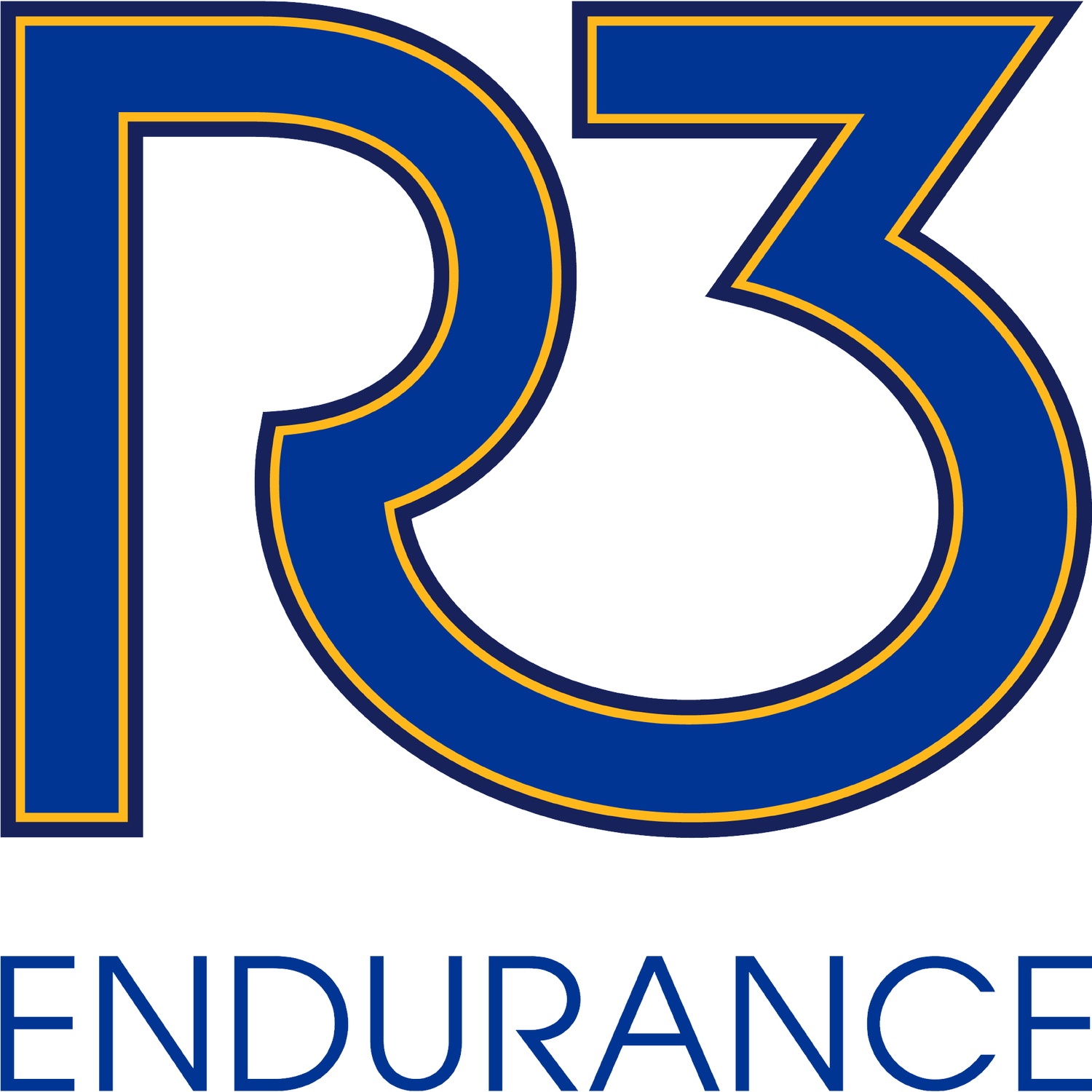Recharge, Refine, Results
Empowering triathletes to recharge the body and refine skills to achieve exceptional results.
I believe in recharging the body and refining skills to get the results you want.
What does recharging the body mean? Often times, athletes think they need to continuously push through tough workouts day after day or overtraining their bodies to achieve success. This can lead to injury requiring modification of training or full time off training. Scientifically, high intensity exercise places physiologic stress on the muscles throughout the body causing breakdown of the muscle fibers. During rest is when the muscle building occurs. By allowing your body the time to rebuild muscle tissue in an organized manner and implementing recovery strategies, you are promoting strength, speed, and protection of joints. Are you ready to recharge your system to prepare for success?
What skills do I need to refine? Refinement of skills includes swim technique, swimming in open water, bike handling, run gait form, transition skills, training and race day nutrition, and techniques for mental toughness. These skills can be broken down into more specific skills and techniques which are important to elevate your performance. Racing a Triathlon is a huge undertaking and has multiple components to it. You want to be prepared in all aspects of triathlon for your “A” race. Attention to a specific skill set such as swim technique or run gait analysis can be added on as an additional service to complement your training. I believe that communication between the athlete and coach is key to success so through monthly video chats, weekly training tips, access to my private exercise library and unlimited emails we will be reviewing these skills.
What results do I want to achieve? Setting goals is a crucial component to success in any endeavor including triathlon training and competition. Clear and well-defined goals provide a roadmap for progress, motivation, and focus to provide a purposeful and structured approach to physical activity. When creating goals, here are some key factors to implement.
Specificity- Clearly define your goal and make it specific so we can measure progress and make purposeful training plans.
Long term vs. Short term- create longer term goals lasting 6mo-1yr to help plan out your periodization schedule. Use short term goals (1mo-6mo) to work towards long term goals and once a short term goal is achieved, update the goal to stay relevant.
Measurable- Identify criteria and metrics that will allow us to track your progress objectively. The fitness assessments included in your training will help you create measurable goals using specific metrics.
Realistic- set goals that you can achieve to improve motivation and focus. You can always update your goals later when you have surpassed your realistic short term goals. This builds confidence as an athlete to know you are capable of positive results.
Accountability and support- share your goals with others such as your coach, friends, and family so they can support you throughout your training.
Make your goals specific and measurable so we can together to achieve the results that you want.
More about me
Growing up as a competitive swimmer and runner, I remember watching the 2004 Olympic Triathlon event thinking to myself “I can do that!” Later that season, I got a bike and participated in my first sprint triathlon in NJ with minimal equipment and no idea how to transition from one sport to the next. I won my age group in that race and from that point forward, I was hooked. Triathlon became a huge part of my life in many ways. I worked at the local bike shop, lifeguarded, taught swim lessons, and surrounded myself with like-minded athletes of all ages and levels. I was able to gain experience through guidance of coaches and triathlon camps. Once I turned 16, I started competing at the highest level in ITU junior elite draft-legal races. In my college years, I ran cross country for the University of Pittsburgh while also competing in Age Group Triathlons. This included multiple National Championships and the 2009 World Championships. In 2009, I wanted to share my love of the sport with other collegiate athletes and I founded the University of Pittsburgh Triathlon Club, helping a group of athletes successfully compete in their first triathlons.
As a Doctor of Physical Therapy, I enjoy helping people accomplish their goals, no matter their ability or skill level. I am passionate about helping all clients return to daily activities and hobbies that give them joy. I am a trained movement expert, able to assess and modify postural and mobility dysfunction as well as prevent injury. I believe it is essential to look at the whole person and provide individualized plans that address mental, emotional, and physical health to optimize a triathlete’s performance. In triathlon coaching, I look to these values to create and customize a training plan which accompanies an athlete’s lifestyle and promotes overall health. As a former competitive triathlete myself, I am blessed to be in the unique position of being both the coach and the athlete. Both perspectives are invaluable to understanding the specific conditions and challenges the competitive triathlete faces.
When I am not coaching or working with patients, I enjoy spending time with my family and friends, traveling, and dining at new restaurants in Austin. You may find me running with my dog Duke and my daughter in the stroller, swimming with masters, or cycling on the beautiful country roads with friends.






